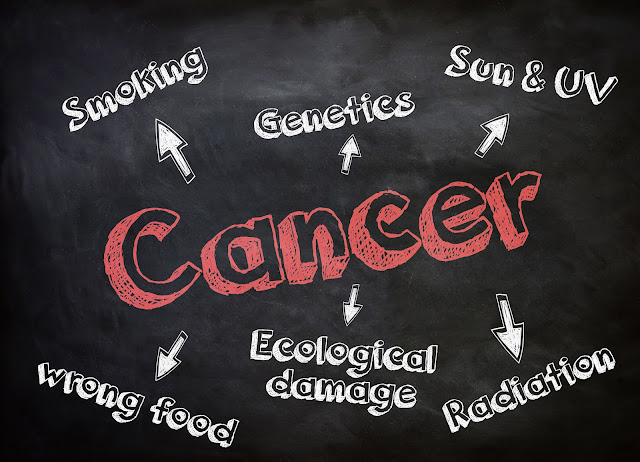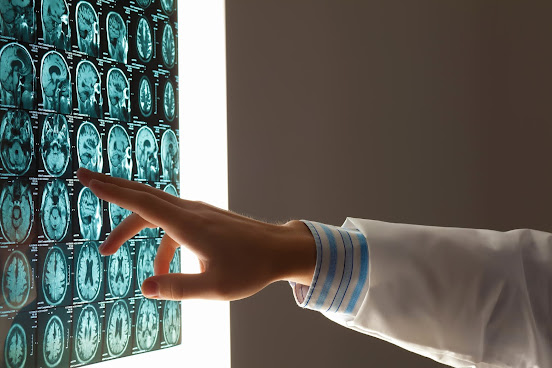Cancer Immunotherapy: Widening horizons of cancer treatment

For years, it has been known that the immune system plays a crucial role in destroying mutated cells and fighting against infections. However, mutated cells may surpass the immune system destruction in some scenarios, leading to tumours and cancerous growth. So here comes cancer immunotherapy in action. Cancer immunotherapy is the most rapidly advancing treatment option that enhances the immune system's ability to recognize and attack mutated cancer cells in the body. It also helps produce additional components such as cytokines which boosts your body's natural ability to fight against cancer cells. There are various types of immunotherapies, at present, which may work in different ways such as: Immune checkpoint inhibitors: It includes drugs that inhibit cancer cells from activating the immune system (immune checkpoints) and increase the body's defence to destroy cancer cells. Examples are nivolumab, ipilimumab, avelumab etc. FDA has approved most of the immune checkpoint...




